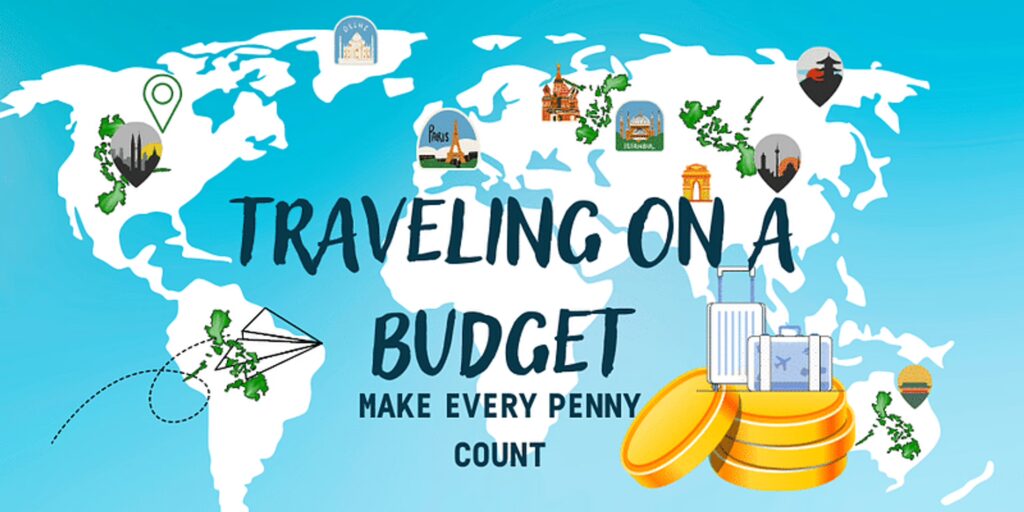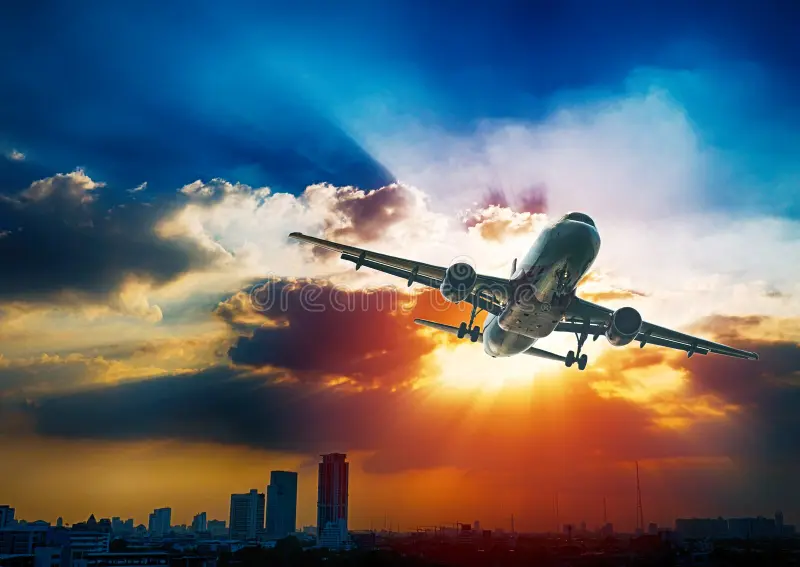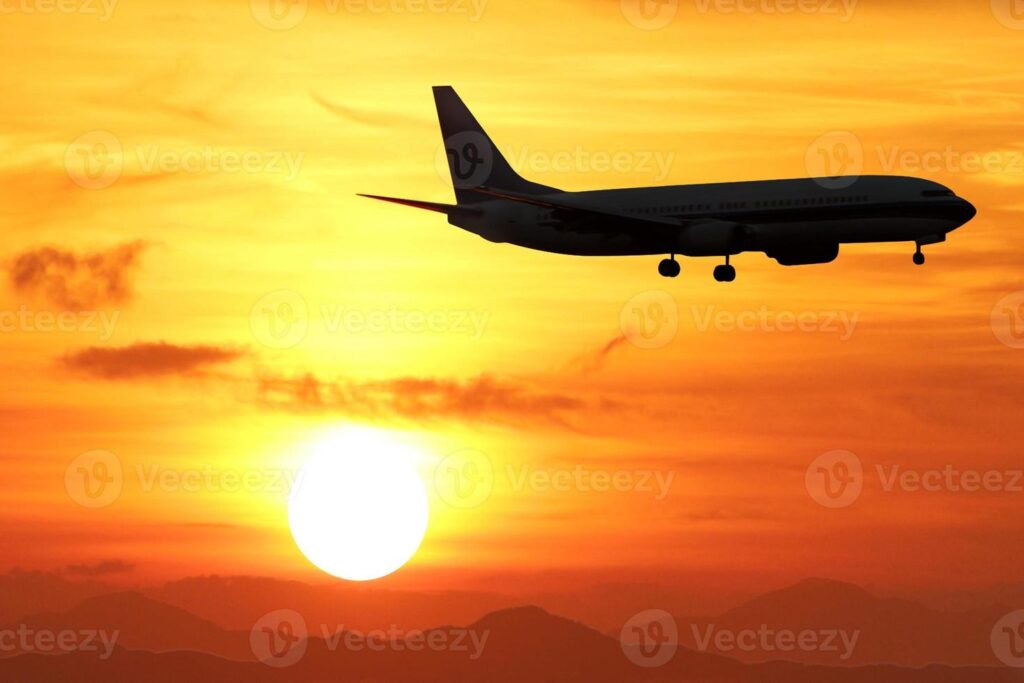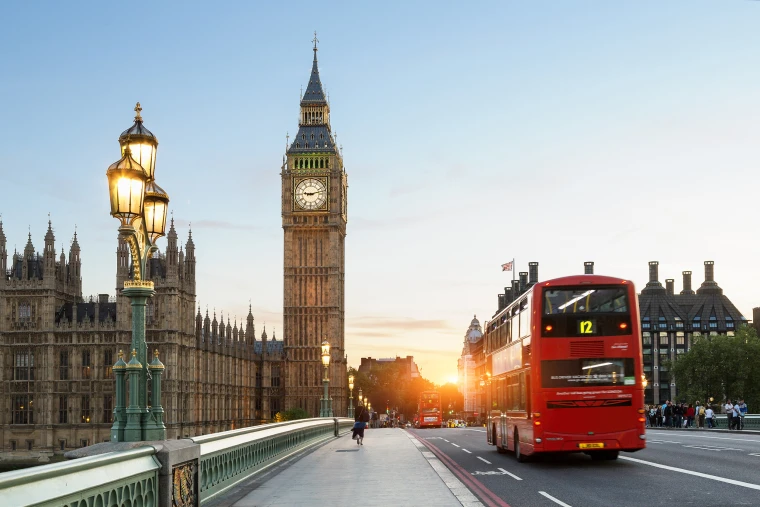Travel has always been an essential part of human history. From ancient traders navigating the Silk Road to modern digital nomads flying across continents, the desire to explore new horizons is deeply ingrained in human nature. For some, travel is an escape from routine. For others, it is an educational journey that opens the mind to new perspectives, cultures, and opportunities. In today’s globalized world, traveling has become easier than ever before, allowing millions of people to experience distant lands and unique lifestyles. Yet, beyond the excitement of sightseeing, travel holds a deeper meaning—it is an opportunity for transformation, growth, and connection.

The Historical Roots of Travel
Travel is not a modern invention. Historically, journeys were motivated by survival, trade, exploration, or pilgrimage. Merchants once crossed deserts and seas to exchange spices, silk, and gold, laying the foundation for international commerce. Pilgrims walked thousands of miles to sacred temples, mosques, or churches in search of spiritual enlightenment. Explorers ventured into the unknown, mapping uncharted territories, and expanding the boundaries of human knowledge.
This rich history shows that travel has always been more than just movement from one place to another. It represents curiosity, courage, and a desire for connection. Today, when we book a flight or take a road trip, we are continuing this ancient tradition, albeit with modern tools and comforts.
Travel as an Education Beyond Books

There is an old saying: “Travel is the only thing you buy that makes you richer.” This statement reflects the educational power of travel. While schools and universities teach us theory, travel teaches us life through firsthand experiences.
When a traveler sets foot in a new country, they are exposed to different languages, customs, and worldviews. Simple acts such as ordering food, bargaining in a local market, or navigating a train station become lessons in adaptability and cultural sensitivity. Every interaction offers knowledge that no textbook can provide.
For example, walking through the streets of Kyoto teaches one about the harmony between tradition and modernity in Japan. Visiting a small village in Africa reveals the strength of community bonds. Exploring a bustling city like New York shows how diversity creates vibrancy and innovation. Through these experiences, travelers gain empathy, understanding, and wisdom.
The Psychological Benefits of Travel
Beyond education, travel provides significant mental and emotional benefits. Daily routines often lead to stress, monotony, and burnout. Traveling breaks this cycle by offering novelty, relaxation, and adventure.
Psychologists argue that exposure to new environments stimulates the brain, enhances creativity, and reduces stress. Standing before natural wonders like the Grand Canyon or the Himalayas brings a sense of awe, reminding us of our place in the vast universe. Such experiences create lasting memories that improve overall happiness and mental well-being.

Moreover, travel encourages mindfulness. When we are in a new place, every detail—sounds, smells, tastes, and sights—becomes more vivid. This heightened awareness fosters a deeper appreciation for life, something often lost in the rush of daily responsibilities.
Travel as a Bridge Between Cultures
In an increasingly divided world, travel serves as a bridge that unites people across boundaries. Meeting locals, sharing meals, and listening to stories foster mutual respect and understanding.
For instance, when a traveler stays with a host family in Morocco, they learn about hospitality and traditions that might be different from their own. By engaging with people from diverse backgrounds, stereotypes are broken, and friendships are formed. Such cultural exchanges promote tolerance and peace, reminding us that humanity is more connected than divided.
This cultural exchange is not just beneficial for the traveler—it also impacts local communities. Responsible tourism can support local economies, preserve traditions, and empower artisans, farmers, and small businesses.
Adventure and Exploration: Fuel for the Human Spirit
Adventure is at the heart of travel. Whether it’s hiking in Patagonia, scuba diving in the Maldives, or exploring the deserts of Jordan, travel satisfies the human thirst for discovery. These adventures push individuals beyond their comfort zones, testing their courage, endurance, and resilience.
Climbing mountains teaches perseverance. Navigating foreign streets teaches problem-solving. Learning to communicate without words teaches creativity. Each challenge becomes a story, and each story becomes a treasured memory.
Adventure travel also brings people closer to nature. In an age dominated by technology, spending time in forests, oceans, and mountains reconnects us with the earth. This reconnection inspires responsibility to protect the environment and live more sustainably.

The Rise of Sustainable and Ethical Travel
While travel offers countless benefits, it also comes with challenges. Mass tourism often strains natural resources, damages ecosystems, and disrupts local cultures. Overcrowded destinations face pollution, waste, and rising costs of living for residents.
This has given rise to sustainable and ethical travel. Today’s conscious travelers are seeking ways to minimize their negative impact while maximizing positive contributions. They choose eco-friendly accommodations, support local businesses, and respect cultural norms. Many are embracing slow travel, staying longer in fewer places, and immersing themselves deeply rather than rushing through checklists.
For example, instead of staying in large resorts, some travelers opt for family-owned guesthouses that directly benefit local communities. Instead of using plastic bottles, they carry reusable water containers. These small decisions, multiplied by millions, create a significant difference in preserving our planet.
Technology and the Future of Travel
Technology has revolutionized travel. Booking flights, finding accommodations, and navigating cities can all be done with a smartphone. Virtual reality allows people to preview destinations before visiting. Translation apps break down language barriers, while ride-sharing and digital maps make exploration more convenient.
Looking ahead, the future of travel may involve even more innovation. Space tourism is becoming a reality, with companies like SpaceX and Blue Origin preparing to take travelers beyond Earth. Sustainable transportation, including electric planes and eco-friendly cruises, may redefine how we move across the globe.

However, with these advancements, the essence of travel remains the same: curiosity, exploration, and connection. Technology may change the way we travel, but it will never replace the human spirit of adventure.
Travel in the Age of Digital Nomads
A modern phenomenon reshaping travel is the rise of digital nomadism. With remote work becoming mainstream, professionals are blending careers with exploration. They live in cities like Bali, Lisbon, or Medellín, where internet access is reliable, costs are affordable, and communities of nomads thrive.
This lifestyle blurs the line between travel and living. Instead of short vacations, digital nomads spend months or even years immersing themselves in new cultures. They contribute to local economies while enjoying the freedom to explore new places without giving up their careers.
For many, this represents the ultimate freedom—working from a café in Paris one month and from a beach in Thailand the next. It highlights how travel is no longer just about leisure but also about designing a lifestyle of freedom and balance.
Challenges of Travel

Despite its beauty, travel comes with challenges. Jet lag, cultural misunderstandings, language barriers, and homesickness are common experiences. Political instability, health risks, and climate change can also impact the safety and accessibility of destinations.
Travelers must adapt, plan carefully, and remain flexible. Travel insurance, health precautions, and awareness of local customs are essential for a smooth journey. Challenges, however, are not obstacles but opportunities to learn resilience and patience. Overcoming difficulties often makes the experience richer and more memorable.
Travel and Personal Transformation
Perhaps the greatest gift of travel is personal transformation. When travelers leave behind familiar surroundings, they step into a world of growth. They become more adaptable, open-minded, and confident. They learn humility when facing challenges, gratitude when receiving kindness, and courage when stepping into the unknown.
Stories of personal transformation through travel are endless. A student who studies abroad discovers independence. A couple on a honeymoon builds deeper connection. A retiree traveling solo finds renewed purpose in life. Travel changes people, shaping who they are and how they see the world.
Conclusion

Travel is far more than sightseeing or collecting passport stamps. It is a journey of discovery—of places, people, and oneself. It educates, heals, inspires, and connects. From historical explorations to modern digital nomadism, travel continues to be an essential part of the human story.
As the world becomes more connected, the opportunities to explore grow greater. Yet, with these opportunities comes responsibility: to travel mindfully, respectfully, and sustainably. Whether through a weekend road trip or a year-long global adventure, travel enriches life in ways that no material possession ever could.
Ultimately, the transformative power of travel lies not in the miles covered but in the perspectives gained. By opening our hearts and minds to the world, we discover that every journey is also a journey within.